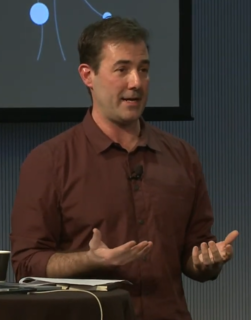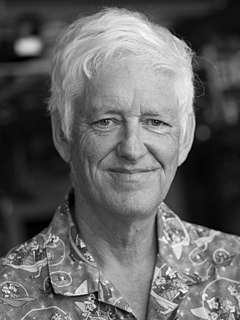A Quote by Hannah Fry
Once you see the problems that algorithms can introduce, people can be quick to want to throw them away altogether and think the situation would be resolved by sticking to human decisions until the algorithms are better.
Related Quotes
These algorithms, which I'll call public relevance algorithms, are-by the very same mathematical procedures-producing and certifying knowledge. The algorithmic assessment of information, then, represents a particular knowledge logic, one built on specific presumptions about what knowledge is and how one should identify its most relevant components. That we are now turning to algorithms to identify what we need to know is as momentous as having relied on credentialed experts, the scientific method, common sense, or the word of God.
It's difficult to make your clients understand that there are certain days that the market will go up or down 2%, and it's basically driven by algorithms talking to algorithms. There's no real rhyme or reason for that. So it's difficult. We just try to preach long-term investing and staying the course.
We don't let a car company just throw out a car and start driving it around without checking that the wheels are fastened on. We know that would result in death; but for some reason we have no hesitation at throwing out some algorithms untested and unmonitored even when they're making very important life-and-death decisions.
This is what I think. You can’t have everything at once. Like the pockets in your clothes, there’s a limit to how much we can have at once. There are times when to put something in your pocket, you have to throw something else away. You have to prioritize those decisions by yourself. There are things that you can’t get back once you’ve thrown them away.



































